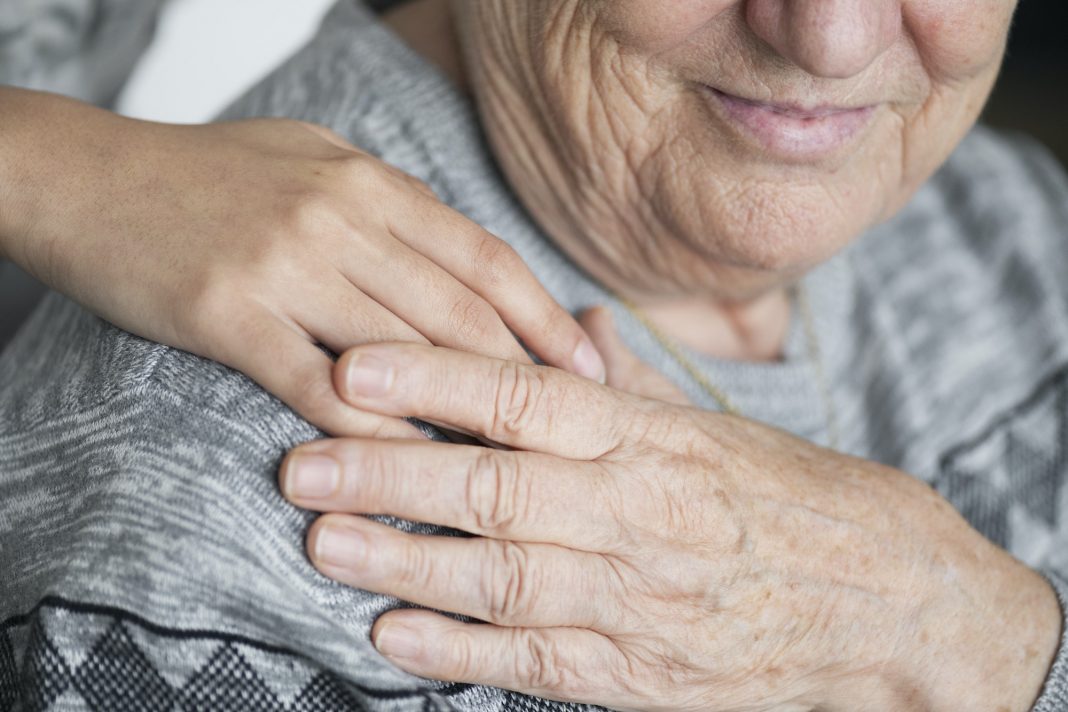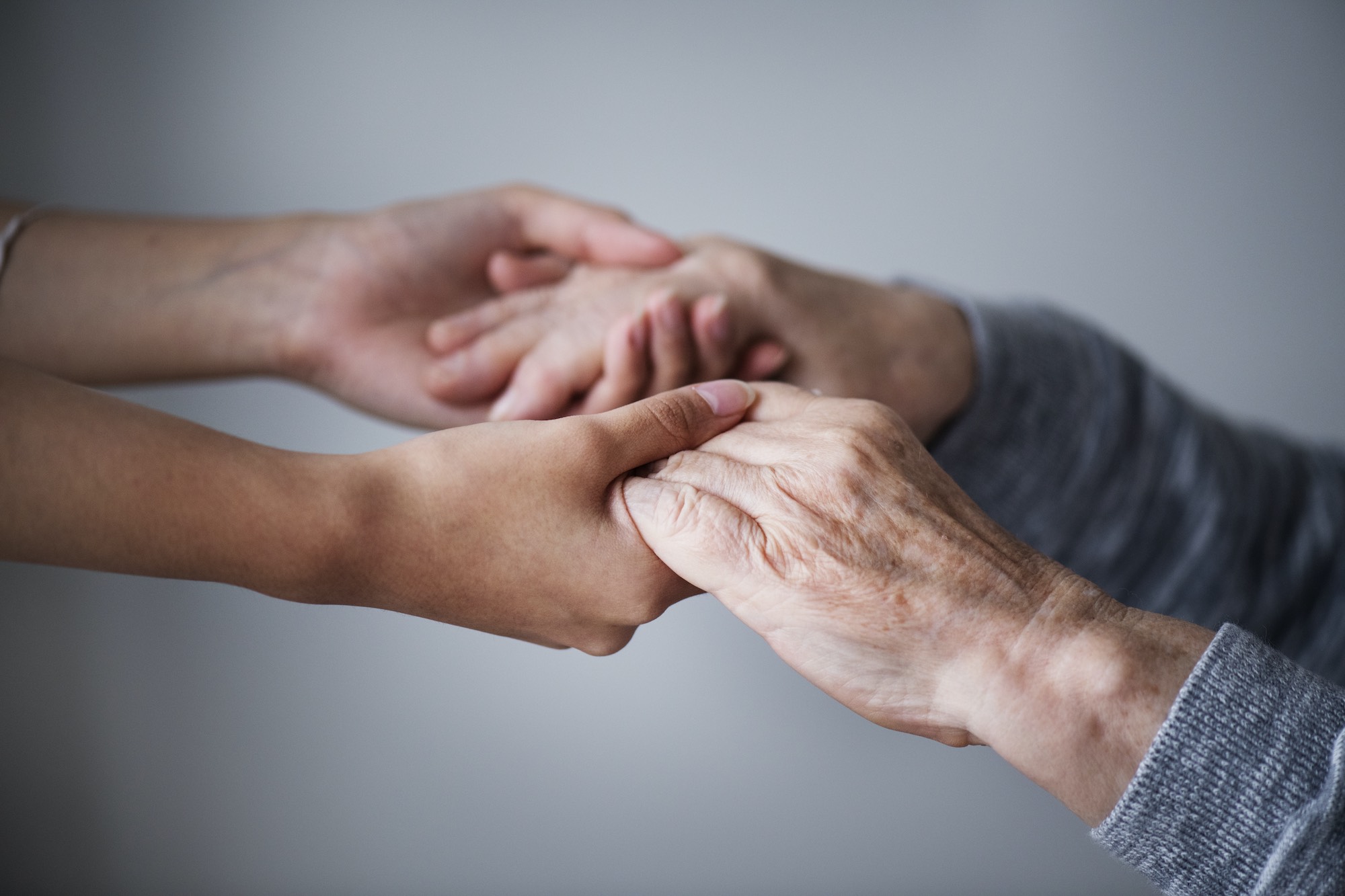Sometimes asking for help isn’t easy, and it isn’t uncommon for senior citizens to feel this way. There are various reasons why elderly relatives might not be forthcoming about their needs, such as worrying about being a burden to their loved ones or struggling to accept the fact that they can’t manage simple tasks like they once used to. This is why it is important to make sure that you are looking for signs that they might need assistance and letting them know that they can ask for help. If you are interested in pursuing a career that shows support to the elderly in this transition, consider taking the CHC33015 course offered by EmployEase. Below are some of the most common indicators that your senior relative might need help in their daily life.
1. An Untidy Home
Everyone can drop the ball on the household chores once in a while, no matter what their age. However, if you have noticed that your elderly relative’s home is becoming increasingly untidy and dirty, this could be a sign that they are struggling. This could be due to cognitive issues, depression or because they find it physically challenging to carry out basic chores.
In such cases, providing your elderly loved one with an adjustable heavy-duty rollator can give additional support and significantly improve their ability to navigate their living space and manage household tasks. It can help improve their mobility and independence to maintain a clean and organized home, restoring a sense of pride and well-being.
2. Their Appearance is Unkempt
Another indicator that they might need some assistance in their daily lives is their general appearance. If it is clear that they are struggling to bathe and groom themselves, it is likely due to similar struggles as mentioned above. Struggles with this can lead to a loss of dignity and feeling lower than usual.
One option you can explore if you feel as though your elderly relative does need help with these daily tasks is assisted living. Look at this care home in Caversham as an excellent example of the kind of home that might be suitable for them.
3. They’re Increasingly Confused
Forgetting small details occasionally isn’t a big cause for concern, as this can happen to the best of us from time to time.
However, if you’re elderly relative is becoming increasingly confused over conversations, times, and dates, or even struggling to remember how to do basic tasks, this can be a sign of Alzheimer’s and dementia. It is important to take the elderly to see a doctor as soon as possible for further tests and advice on how to support them.
4. They Complain of Loneliness and Isolation
If your elderly relative lives alone, they might be finding this to be an isolating experience. This is even harder if they have recently lost a life partner, or don’t have any friends or other relatives close by. It is important to make sure that you are keeping in contact regularly to help with this and see them as much as possible.
However, exploring the option of care homes can be beneficial for this, as they will be part of a community of people of a similar age and have more social opportunities.
These are some of the most common signs that an elderly relative might need some support, and it is important to look out for them. If you are concerned, address this with your elderly loved one so that you can both work together to find the best solution.








